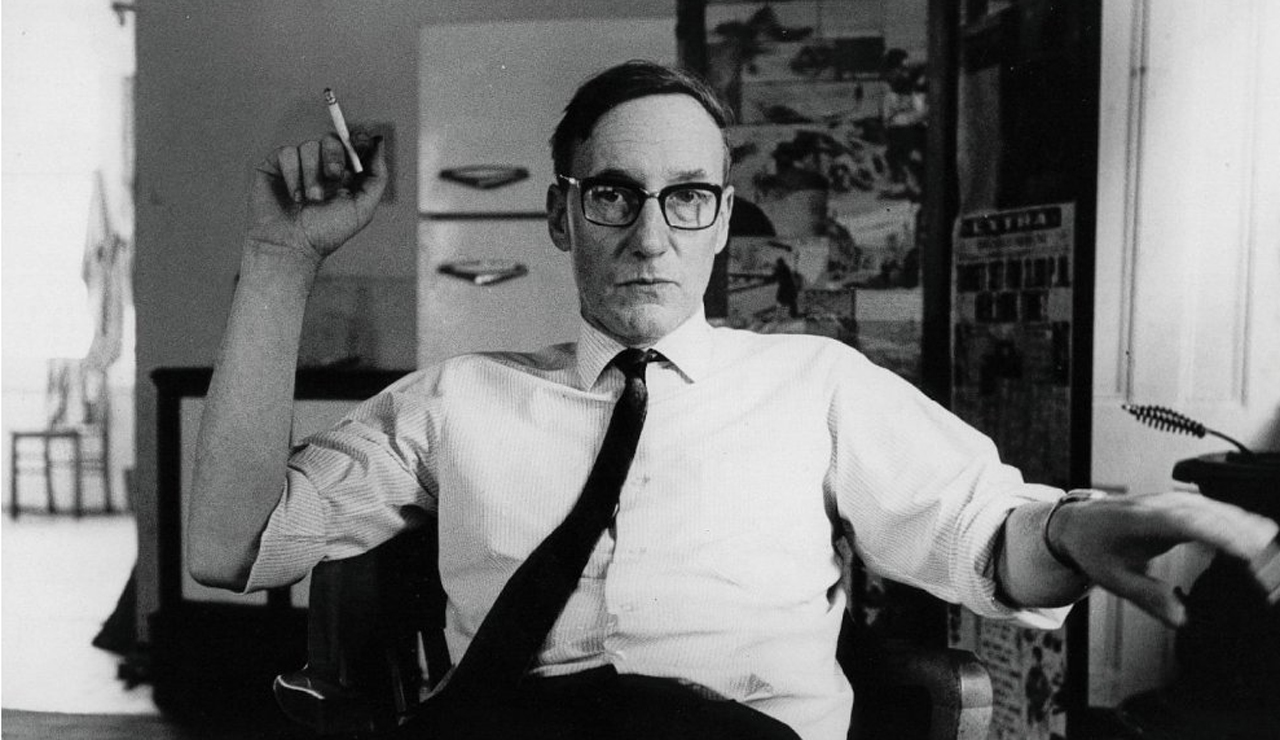Thursday, Jan. 22
The Three Sisters
“Moscow! Moscow! Moscow!” Oh, the aching sadness of the provinces, so far from culture, ballrooms, and eligible bachelors. Surrounded by peasants and filth, visited by drunks and boring yokels unacquainted with culture, deprived of the latest news or gossip—it’s enough to drive a woman insane (or: three of them). Anton Chekhov’s wistful 1900 drama of thwarted lives is necessarily sad, but also a lesson in coping. You married the wrong man. You hate your sister-in-law. Your father, the late General Prozorov, ruined your life. You’ll never have children or hear Beethoven played properly again. And yet life must go on. (Here we see a lineage from Chekhov to Beckett.) Olga, Masha, and Irina are never going to enjoy the freedoms of their brother, being women in late 19th-century Russia. Their options are circumscribed by sex, class, and custom, yet their lives aren’t over. As a provincial doctor (and frequent traveler), Chekhov surely encountered dolorous, unfulfilled women like them. And what prescription could he offer? Not hope, surely, which gnaws away at the soul like a spiritual cancer. Rather, there’s acceptance, endurance, and perhaps a solidarity in suffering for this fading gentry. John Abramson plays young Prozorov, with Julie Briskman, Alexandra Tavares, and Sydney Andrews as his three unhappy sisters. John Langs directs this second production by The Seagull Project. (Through Feb. 8.) ACT Theatre, 700 Union St., 292-7676, see acttheatre.org. $15–$25. 7:30 p.m.
BRIAN MILLER
Friday, Jan. 23
Naked Lunch & Burroughs: The Movie
This two-fer tribute comes slightly overdue, since 2014 was the centennial of William S. Burroughs’ birth (he died in 1997). Still, David Cronenberg’s amusingly deadpan 1991 adaptation of Burroughs’ novel Naked Lunch gets the tone right, and Peter Weller is quite marvelous as Bill, the droll authorial stand-in. The film, running second tonight, is packed full of pert supporting performances from Judy Davis, Roy Scheider, Julian Sands, and Ian Holm. Much more seldom seen is Howard Brookner’s 1983 doc Burroughs: The Movie, made over a half-dozen years and including Burroughs cronies like Allen Ginsberg, Patti Smith, Lucien Carr, and Terry Southern. But the star attraction, of course, is Burroughs himself, who discourses upon his artistic methods, discusses the accidental shooting of his wife, and enacts a passage from Naked Lunch. Surprising to some will be the sad presence of his son, William Jr., an addict who died during the long course of the film’s production. The author, worshipped by so many young acolytes, rarely spoke of him afterward. (Through Sun., Jan. 31.) Grand Illusion, 1403 N.E. 50th St., 523-3935, grandillusioncinema.org. $5–$9. 7 & 9 p.m.
BRIAN MILLER
Miranda July
No, we haven’t read The First Bad Man, but we expect the girls on Girls to talk about it very soon. Nobody does zeitgeist the way July does zeitgeist, and whatever turns her film-directing career has taken (as in Me and You and Everyone We Know and The Future), she’s got a knack for working her way into all the right cocktail-party conversations. The novel, her first, actually describes the sort of midlife crisis that should be years away for July, and her heroine is a thwarted, unsuccessful recluse with whom the author has little in common—except, of course, a baby. July, with her artist/filmmaker husband Mike Mills (Beginners), is now a parent, and her protagonist Cheryl becomes a kind of surrogate parent in the novel. First Cheryl agrees to shelter the surly 20-year-old daughter of her boss; then that daughter, Clee, turn out to be pregnant. And by caring for one new little human, Cheryl learns to take better care of herself. July’s fans already know the plot, of course, and they’ve been buying artifacts—or possibly narrative clues?—inspired by the novel on July’s website, mirandajuly.com. Long before she started publishing, July was a successful performance artist who understood how to sell her brand. The Neptune, 1303 N.E. 45th St., 877-784-4849, stgpresents.org. $31.50 (includes book). 7:30 p.m.
BRIAN MILLER
Saturday, Jan. 24
Christine McKinley
The Portland author of Physics for Rock Stars: Making the Laws of the Universe Work for You (Perigee, $16) is a deservedly popular host on Brad Meltzer’s Decoded on the History Channel. (What that has to do with history we’ll leave to another day.) She’s a trained mechanical engineer who loves to explain things, which often takes the form of debunking things. And in that regard, she’s got a lot of material to work with. Superstition, poor math skills, failure to consider the evidence, stubbornly comparing apples and oranges, or insisting something is true because you read it on the Internet (or heard it on FOX News)—these are the hallmarks of our proud American intellect. We are a nation that follows our gut, while McKinley favors her cranium. If you’ve got a daughter you’re trying to interest in the sciences (or programming or any other quant endeavor), she provides a good role model. Also, McKinley has been known to sing songs about entropy and wave/particle theory, which more musicians really ought to do. Elliott Bay Book Co., 1521 10th Ave., 624-6600, elliottbaybook.com. Free. 7 p.m.
T. BOND
Tuesday, Jan. 27
Frank Capra Restored
We film critics have ambivalent feelings about Capra (1897–1991), one of the most successful writer/directors of the 1930s and ’40s. He won all the awards, he sold millions of tickets, but then he suddenly became obsolete in the postwar period—totally square. Baby boomers in particular were dismissive of his conservative values and coerced sentimentalism (“Capracorn” is the enduring shorthand slight). He was an auteur before the Cahiers du Cinema crowd coined the term, but American critics shuddered to grant him such status. Apart from that holiday perennial It’s a Wonderful Life (which has played for 44 consecutive years at the Grand Illusion), his canon has fallen out of favor. So here’s a chance, with five 4K digital restorations running Tuesdays through February 24, to appreciate the craftsmanship in his very populist oeuvre.
Tonight, the road comedy It Happened One Night (1934) was just the tonic we wanted during the Great Depression. Clark Gable, as a wisecracking journalist, perfectly embodied the ideal American response to hard times: flippant, jaunty, indefatigable, never discouraged, always game for a new adventure or a new dame—the latter of course being escaped heiress Claudette Colbert, whom he rescues from snootiness and dull fortune. Capra loved to celebrate the common man, without airs or pretensions; yet that same noble everyman was also fundamentally a Hollywood construct. We bought the fantasy for a time, then grew tired of it as Capra kept pushing the same product. (Following are Mr. Deeds Goes to Town, Lost Horizon, You Can’t Take It With You, and Mr. Smith Goes to Washington.) SIFF Cinema Uptown, 511 Queen Anne Ave. N., 324-9996, siff.net. $7–$12. 7 p.m.









